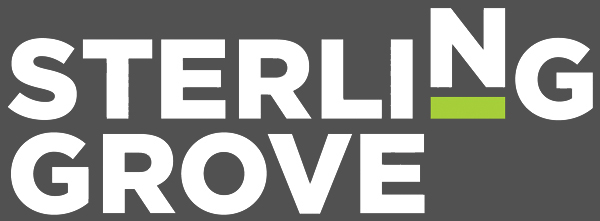This November 2021, the world will be watching the UK as we host the 26th UN Climate Change Conference (COP26) in Glasgow.
World leaders will unite to commit to urgent action to tackle the climate emergency we all face, from rising temperatures to fossil fuels.
As the first conference since the coronavirus pandemic, the focus will be on how recovery can be fuelled by greener solutions.
As governments, cities and businesses across the globe work towards carbon neutrality and reducing greenhouse gas emissions, the Federation of Small Businesses (FSB) are supporting small business owners and the self-employed to understand how you can play your part and get started.
The FSB dedicated sustainability hub will be regularly updated with the latest resources, tools and information to help your small business prepare for changes, go green and be more sustainable.
At the conference world leaders are set to commit to urgent action to tackle the climate emergency.
No matter how small your business or what industry you are in, your commitment can make a real difference – to the planet, to your customers and your running costs.
As momentum builds around tackling the climate emergency, so does the jargon used when talking about sustainability, climate change and the Race to Zero.
Here are some of the common terms you may encounter on your eco-friendly journey and what they mean for the bigger picture.
COP26
The United Nations Climate Change Conference of the Parties is an annual meeting of world leaders focused on addressing the climate emergency we all face. COP (Conference of the Parties) is the decision-making body of the United Nations Framework Convention on Climate Change (UNFCCC).
The Paris Agreement
This is a legally binding treaty that countries across the world adopted at COP21 in Paris. 196 countries signed the agreement, including the UK, as part of a commitment to take action towards reducing the harmful effects of climate change. The central goal is to limit global warming to 1.5 degrees Celsius compared to pre-industrial temperatures.
As part of the agreement, countries submit their plans for climate action every five years, known as NDCs. With COP26 postponed, 2021 will be the first conference of this cycle.
NDCs
Nationally Determined Contributions (NDCs) are the actions that countries will take to reduce greenhouse gas emissions to reach the agreed goals. They also relate to how a country is building resilience to adapt to the impacts of climate change.
Carbon neutral
Carbon neutrality is all about balance. A carbon neutral business cancels out the carbon emissions they produce, typically through carbon offsetting. Crucially, this doesn’t always mean that a business is reducing emissions. Emissions are offset through various reduction initiatives like supporting renewable energy solutions or planting trees.
Net zero
Net zero is often used interchangeably with carbon neutral, but there is a difference. Working towards net zero emissions goes beyond balancing out the emissions being produced. It also involves taking action towards reducing the greenhouse gases emitted in the first place to zero (compared to 1990 levels). The UK is working towards reaching net zero by 2050.
Carbon footprint
Your carbon footprint is the measure of the total greenhouse gas emissions because of your business’ actions and activities. It estimates the overall emission of carbon dioxide, methane and other greenhouse gases, for example when you’re making a new product or in the day-to-day running of your company.
Science-based targets
Science-based targets calculate how much and how quickly businesses need to reduce emissions to prevent the effects of climate change and meet the UK’s goal of net zero.
Carbon offsetting
From planting trees to investing in renewable energy solutions, carbon offsetting is used to counter the carbon emissions we produce. For instance, companies might commit to planting a tree for every 10 orders.
Carbon credits
A carbon credit is permission to emit carbon dioxide or other greenhouse gases, with one credit equalling one tonne. It was introduced with the aim to regulate and cap carbon emissions, especially of those who are the highest polluters, and the amount available will decrease over time. Companies can be fined for exceeding the cap and can make money by saving and reselling their allowance to others.
Greenhouse gases
Greenhouse gases like carbon dioxide (CO2), methane (CH4) and nitrous oxide (N2O) trap heat in the Earth’s atmosphere and contribute to global warming, also known as the greenhouse effect. As part of action to tackle climate change, the UK has committed to halving GHG emissions by 2030.
Race to Zero
Race to Zero is a global campaign aimed at encouraging leadership and building momentum around the net zero target ahead of COP26. Countries and businesses are uniting in meeting goals and the net zero commitment.
